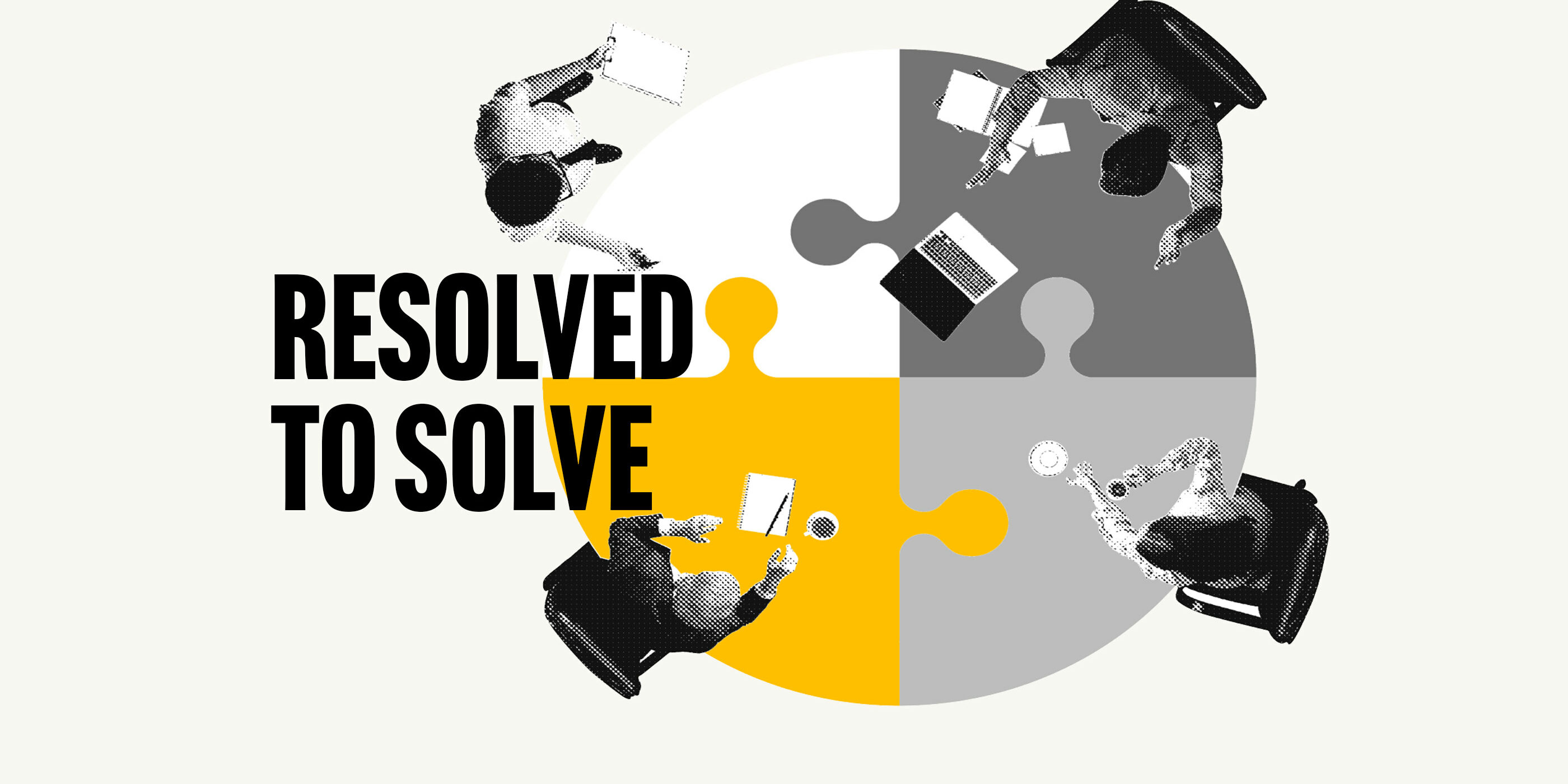Why businesses don’t seek solutions
Problems have solutions, but solutions don’t have to have problems. If you can get your head around this, you’ll be doing better than a lot of businesses today that struggle with it. And it’s one of the primary reasons why many business managers fail to seek help when they need it.
We know. We’re marketers. We see it all the time.
Businesses come to us when they KNOW they need marketing help. It usually takes a while before they get to that point. They have to come to terms with having a “marketing problem” before they can resolve to seek a solution.
And that’s a problem because nobody ever wants to admit they have a problem. But they must. And once they do, most will try to solve it themselves. They may come to us after their efforts fall short, or once they realize they don’t have the expertise to do it right.
In some ways, we’re just a 12-step program for people with marketing problems.
What You Don’t Know
Another reason why managers fail to seek expert help is because they don’t realize a better way exists. They don’t know what they don’t know. Thus, they continue to market as well as they are able, and allow themselves to believe it is sufficient.
But it’s not. And here’s the thing that businesses of all kinds need to realize: There are ALWAYS ways of improving your marketing (and business). Always.
If you are out of ideas for your business, then it’s already past time for you to see what the experts can do. After all, your customers don’t care about whether you’ve tried everything you can think of. Neither do results.
The Good Stuff
The difference between solutions and deliverables is immense, yet many clients fail to recognize it. For them, the deliverable IS the solution they are seeking.
“I just need an email that tells customers about my offerings. That will get results.”
However, experienced marketers know that an email is never just an email, and hardly a solution. The solution comes from marketers asking questions:
- “Who is the target audience?”
- “How will they receive this messaging?”
- “What will prompt them to act”
- “What action do you want them to take?”
- “How does this effort support your branding?”
- etc…
Questions like these put the task (an email, in this case) in the perspective of the desired outcome. They also help drill down to forming specific goals for the marketing to achieve. And yes, “goals” is plural because strategic creative allows you to work towards more than one goal at a time.
- “How many conversions/what conversion rate will represent success?”
- “Other than a conversion (a sale or generated lead), what do audiences need to take away from the email?”
- “Where does the email drive customers?”
- “What is the follow-up cadence or approach?”
Intimately understanding a client’s goals allows the agency to build programs that are soaked in strategy.
For example, an email might convert with a click to a landing page. That landing page may also convert to a sale, but for those who don’t buy, hitting the landing page will allow them to be fed retargeting ads that keep the brand’s offering at top of mind until they are ready to purchase. In the meantime, it can provide a substantial (depending on reach) dose of brand awareness to those it reaches successfully.
Further, the data that is gathered from the initiative can be analyzed to improve upon the effectiveness of the campaign moving forward. Thus, this simple task, once wrapped in strategy by marketing experts, is capable of achieving numerous marketing objectives at the same time. There is nothing more cost-effective than hitting multiple targets with a single shot.
A Little Expert Tease
When getting started in the industry, marketers have to focus on delivering whatever clients ask for – a website, brochure, business cards, maybe an ad or two. Baby marketers have to accept that their clients have more experience than they do, and follow their direction accordingly.
But expertise has a way of changing one’s perspective. As marketers accrue experience and expertise, they begin applying that knowledge in serving their clients. The work becomes smarter, more strategic, and the agency is able to provide the client with greater direction and advice.
After more than 3 decades, that’s where DAMN GOOD is today. Our expertise makes us a consultancy, but we are still a full-service agency capable of delivering an insane range of killer creative.
What clients discover in working with an agency like ours is that the work we do comes steeped in strategic thinking, delivering value at a much deeper and more valuable level. It’s not about meeting expectations as much as it is about achieving real results, solving problems, and growing the businesses we serve.




